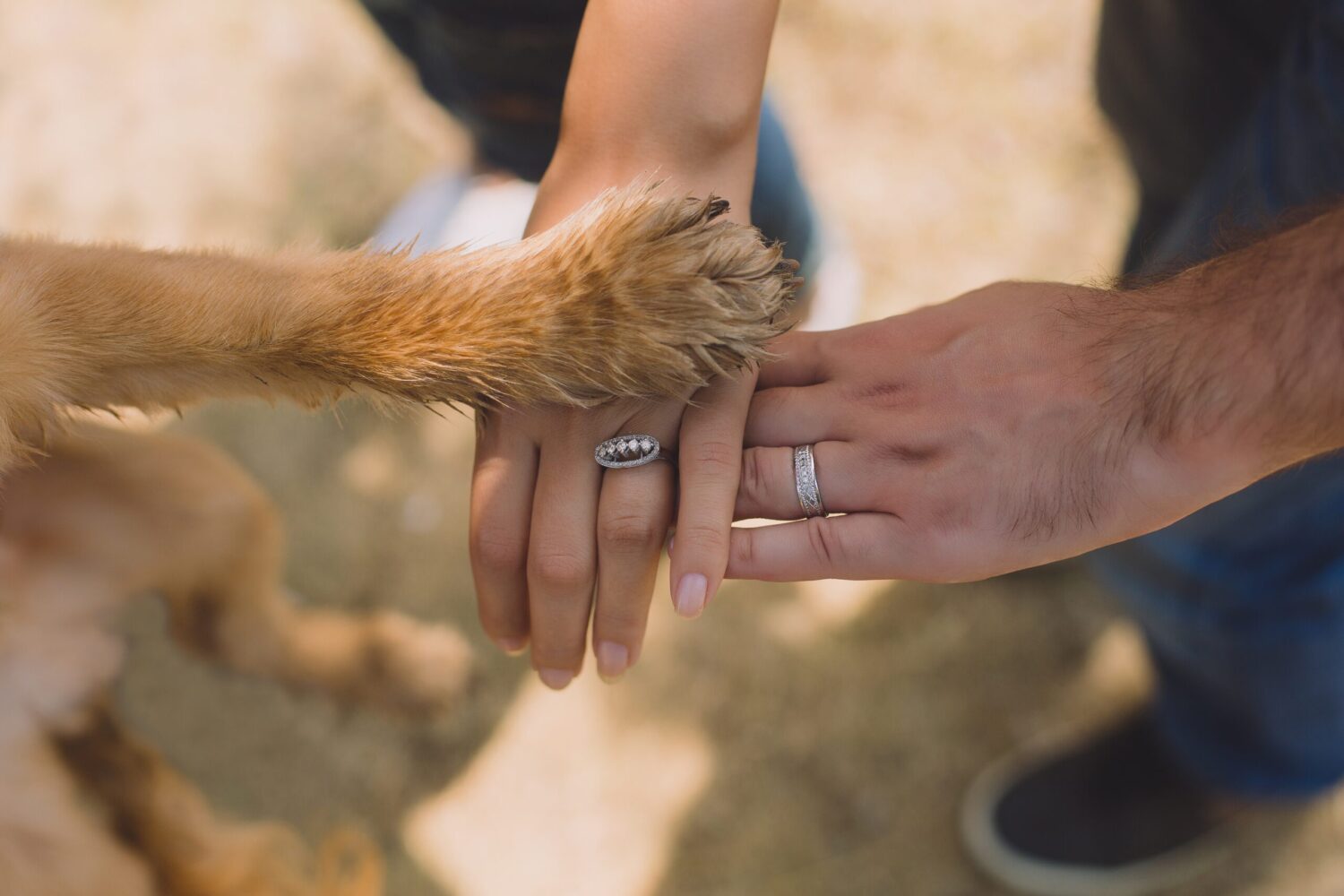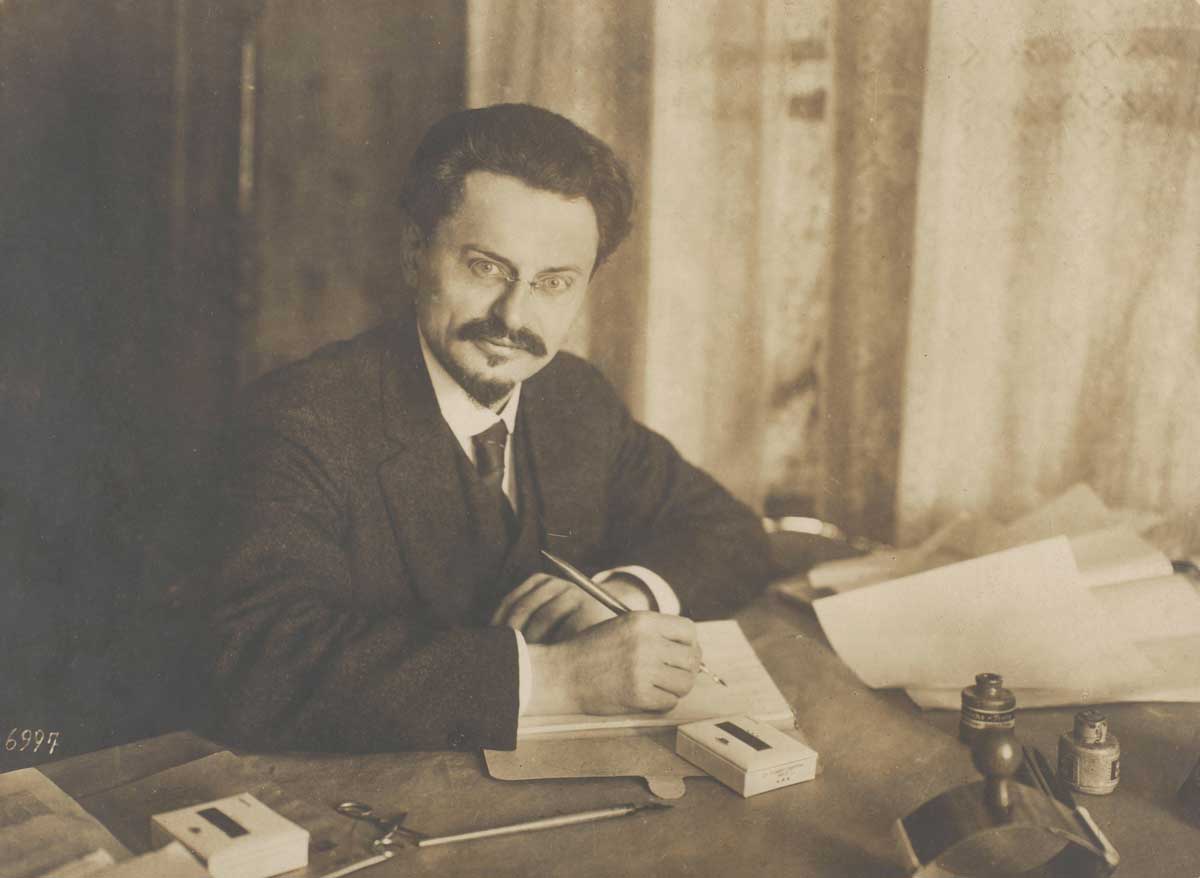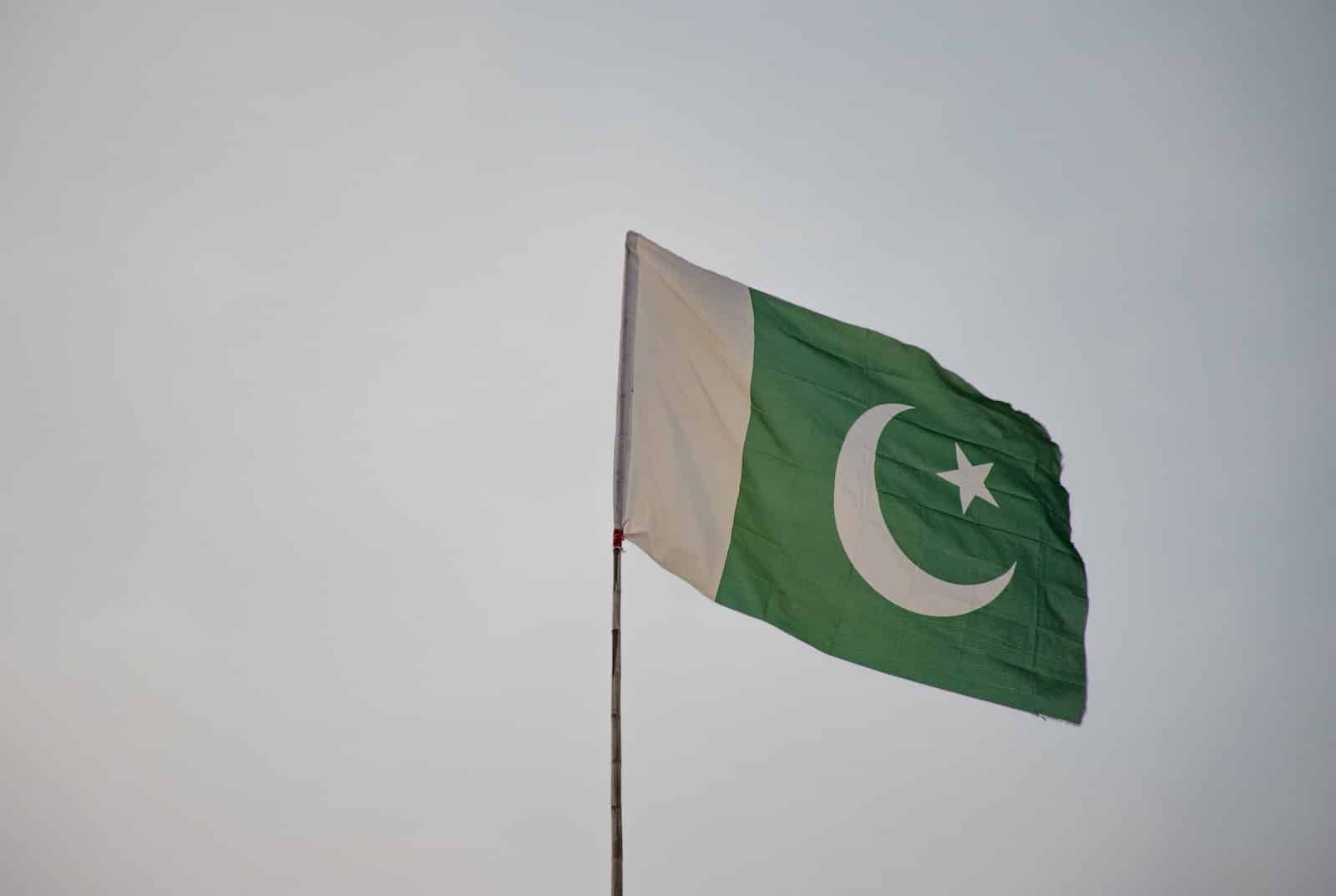The Human Impact Assessment (HIA) provides comprehensive insights into how the February 2022 full-scale Russian invasion has affected areas such as living conditions, health, access to education, livelihoods, food security and gender equality.
The UN Development Programme (UNDP) led the joint initiative, which was implemented at the request of the Office of the President and the Government of Ukraine.
Helping to guide recovery
The report considers the war’s impact across all areas of Ukraine which were under the control of the Government at the time of assessment.
All population groups were included, and in both rural and urban areas, with particular focus on women, internally displaced persons, older people, persons with disabilities, LGBTQIA+ (lesbian, gay, bisexual, transgender, queer, intersex and asexual and more), and Roma communities.
“The data in this Assessment underscores the stark impacts of the Russian invasion, particularly on Ukraine’s most vulnerable people,” said Denise Brown, UN Resident and Humanitarian Coordinator in the country.
“Its recommendations will also help guide the entire UN system as we work with the Government, communities, and civil society in Ukraine, doing what is needed as they navigate their way to recovery,”
Utility disruptions
The Assessment revealed that although living standards and access to basic services stabilized following the initial months of conflict, living conditions faced a setback last winter due to country-wide utility disruptions.
Other findings reveal that unemployment is predicted to stand at 18.3 per cent this year. Most households reported that work had been affected since the start of the war, mainly due to job loss, salary cuts, and reduced hours.
Sixty-five per cent of households reported a decrease in income since February 2022, while the share of families with paid work accounting for their primary source of income decreased from 67 per cent to 53 per cent.
Dangerous times, desperate measures
Families are also finding it hard to put enough food on the table, with 44 per cent of households unable to afford essential needs, driving food insecurity.
The proportion of households with inadequate food consumption has also risen from one-fifth to one-third. Additionally, 43 per cent of households reported that they have resorted to measures such as limiting portions, borrowing food, and/or eating cheaper foods.
Ukraine’s education system has remained functioning throughout the fighting, although the war has caused disruptions and online learning is the norm. The report revealed that 11 percent of young people identify a lack of access to quality education.
Unsafe and overworked
Additionally, 3.6 million people are at risk of gender-based violence. Some 55 per cent of women said they felt unsafe in their daily life, and 23 percent of those surveyed reported spending more than 50 hours per week on domestic chores.
The Assessment contains recommendations for the authorities, donors, international non-governmental organizations and international financial institutions.
These include supporting the Government in upholding the rights of all groups affected by the war, aiding households and communities in rebuilding their resources, improving access to social protection systems, and implementing recovery efforts that focus on the changing needs of affected populations.
A family receives medical treatment in Odesa after being resuced in Kherson following the destruction of the Kakhovka dam.
Human cost of war
It also calls for establishing policies in areas that include restoring agricultural production, investing in education and skills training, prioritizing livelihood interventions, and building inclusive societies during and after the war.
Yulia Sokolovska, Deputy Head of the Office of the President of Ukraine, said the Assessment marks an important milestone in understanding the true human cost of the conflict.
“The Human Impact Assessment provides crucial insights into the resilience of our people, as well as the areas where we need to focus our recovery efforts,” she said.
“We understand the depth of our responsibility and are committed to ensuring the needs of our most vulnerable citizens are not just recognized but met.”
Dam response continues
Meanwhile, the UN humanitarian affairs office, OCHA, continues to support response in the wake of the destruction of the Kakhovka Dam earlier this month.
Two inter-agency convoys travelled to affected areas on Monday, UN Deputy Spokesperson Farhan Haq told journalists attending the daily briefing at the global body’s Headquarters in New York.
He said teams were in Kalynivske, located in the Kherson region, which is home to nearly 1,700 people who were already facing serious humanitarian needs due to the conflict. Some 3,400 people lived there prior to the war.
“We delivered water, hygiene kits, bedding and shelter material, as well as food for all people in the town for a month. Enough medicine and medical supplies to treat the entire population for three months was also delivered,” he said.
More funding needed
Humanitarians also delivered eight truckloads of critical humanitarian assistance to some 4,000 people in two communities in the Dnipro Region. The destruction of the dam has left 40,000 residents there, mostly elderly persons, with extremely limited access to water
“Our colleagues also provided emergency services, including first aid and counselling, shelter materials and dignity kits, to people affected by the attack yesterday in Odesa and the day before in Kryvyi Rih,” he added.
Mr. Haq stressed the critical need for sustained international support for humanitarian operations in Ukraine, noting that $3.9 billion appeal is only around 26 per cent funded.














